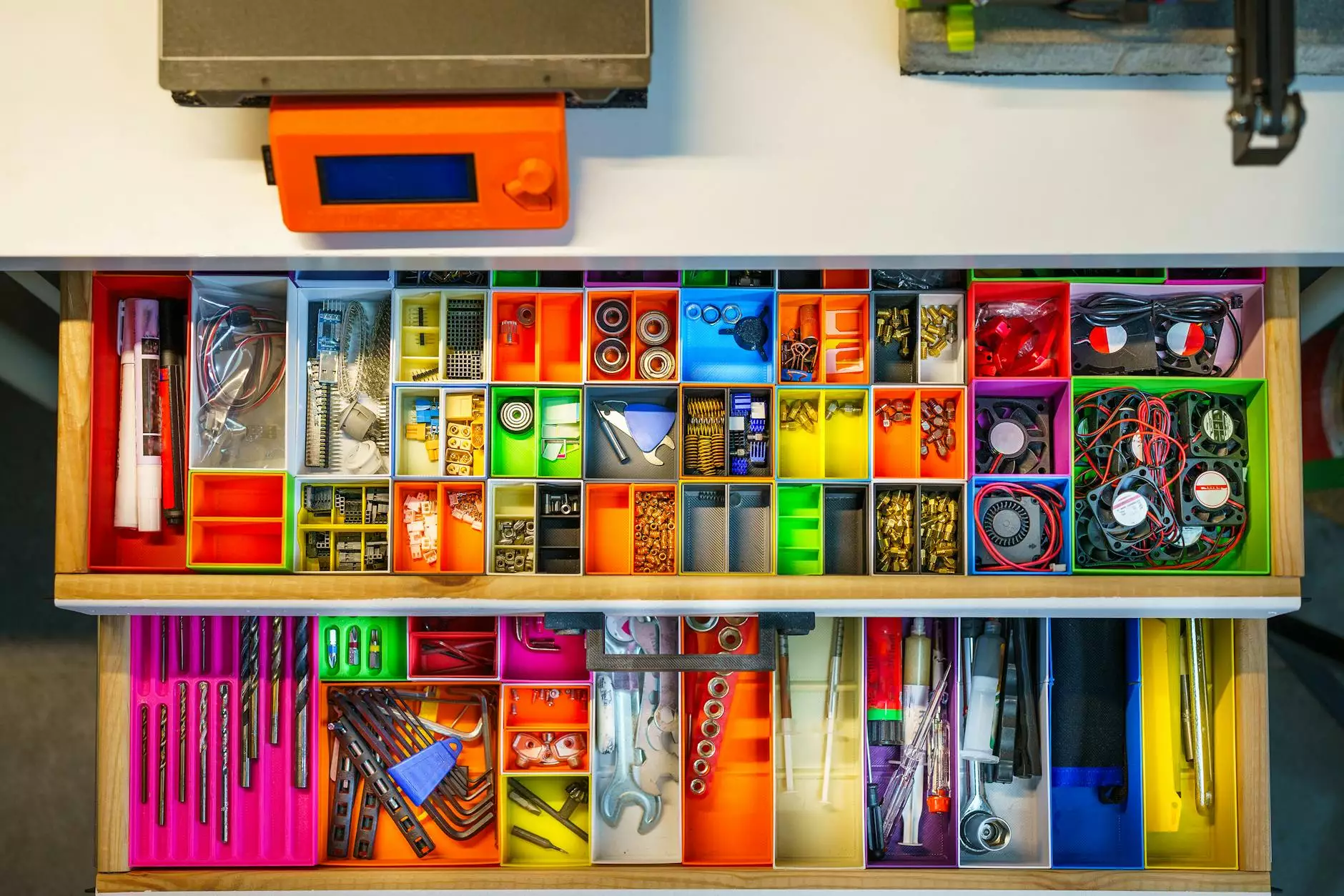The Comprehensive Guide to the Industrial Blower System

The industrial blower system is a vital component in many manufacturing and industrial processes. These systems play a crucial role in ventilation, cooling, and material handling, making them integral to efficient operations across various sectors. In this article, we will delve deep into the world of industrial blowers, exploring their types, advantages, applications, and best practices for use.
What is an Industrial Blower System?
An industrial blower system refers to a mechanical device designed to move air or gas from one location to another at a controlled speed and pressure. These systems are essential for maintaining optimal conditions within manufacturing plants, ensuring the safety and efficiency of operations. Industrial blowers can vary in size, design, and functionality, depending on their specific applications.
Types of Industrial Blower Systems
There are several types of industrial blower systems, each suited to different applications. Below are the most commonly used types:
- Centrifugal Blowers: These blowers use centrifugal force to move air. They are ideal for moving large volumes of air at low pressure and are widely used in HVAC systems, industrial cooling, and ventilation.
- Positive Displacement Blowers: These blowers operate by trapping a fixed volume of air and then forcing it into the discharge pipe. They are perfect for applications requiring high pressure and low flow rates.
- Axial Flow Blowers: Characterized by their propeller-like design, axial flow blowers move air parallel to the axis of the fan. They are typically used for ventilation in tunnels and buildings.
- Regenerative Blowers: These units feature a unique design that allows them to provide high airflow rates at low pressures. They are often used in wastewater treatment facilities and packaging industries.
Benefits of Using an Industrial Blower System
The implementation of an industrial blower system can bring about numerous benefits to any business. Here are some of the advantages:
- Increased Efficiency: By ensuring a steady flow of air and optimizing the ventilation process, industrial blowers significantly enhance operational efficiency.
- Cost-Effective Operations: Efficient blowers can reduce energy consumption, leading to lower operational costs over time.
- Enhanced Air Quality: Industrial blowers help maintain air quality by effectively removing contaminants and maintaining a stable environment.
- Scalability: Most industrial blower systems can be tailored to meet specific needs, making them versatile for different applications and expansions.
Applications of Industrial Blower Systems
Industrial blower systems are utilized in a wide range of industries for various applications. Below are the key areas where these systems are employed:
1. Manufacturing Industry
In manufacturing, blowers are used to control dust, ventilate work areas, and cool machinery. This helps ensure a safe and efficient working environment.
2. Food and Beverage Processing
In the food industry, maintaining hygiene is paramount. Industrial blowers help facilitate drying processes, remove air contaminants, and ensure proper airflow in processing areas.
3. Wastewater Treatment
Blowers play a critical role in aerating water in treatment plants, promoting the growth of beneficial bacteria needed for removing contaminants.
4. HVAC Systems
In heating, ventilation, and air conditioning, blowers ensure the effective circulation of conditioned air throughout buildings, enhancing comfort and energy efficiency.
5. Construction Sites
Blowers are utilized in construction for dust control and improving ventilation in confined spaces, ensuring safer working conditions.
Choosing the Right Industrial Blower System
Selecting the appropriate industrial blower system for your business is crucial. Consider the following factors:
- Application Requirements: Understand the specific needs of your operation, including airflow rate, pressure requirements, and environmental conditions.
- Energy Efficiency: Look for blowers that offer high efficiency ratings to minimize energy costs in the long run.
- Maintenance Needs: Choose systems that are easy to maintain, as this will help reduce downtime and extend the lifespan of the equipment.
- Size and Footprint: Ensure that the selected blower fits within the allocated space without compromising performance.
Installation and Maintenance of Industrial Blower Systems
Proper installation and maintenance are crucial for the longevity and efficiency of industrial blower systems. Here are some guidelines:
Installation
During installation, consider the following points:
- Ensure proper alignment of the blower and motor to prevent undue wear.
- Make use of vibration dampeners to reduce noise and prolong equipment life.
- Monitor inlet and outlet conditions to guarantee optimal airflow.
Maintenance
Regular maintenance checks should be performed to keep blowers running efficiently:
- Regular Inspections: Check for signs of wear, unusual vibrations, and alignment issues.
- Clean Components: Dust and debris should be regularly cleared from filters and components to maintain optimal airflow and performance.
- Lubrication: Ensure that all moving parts are properly lubricated to reduce friction and wear.
- Monitor Performance: Use monitoring tools to assess performance metrics, making adjustments as necessary.
The Future of Industrial Blower Systems
The future of industrial blower systems is bright, with advancements in technology poised to enhance their efficiency and effectiveness. Innovations such as variable speed drives, IoT integration, and sustainable designs are set to transform the way industrial blowers are used. These technologies promise to improve performance, provide real-time data monitoring, and significantly reduce energy consumption.
Conclusion
In conclusion, the industrial blower system is an indispensable tool for various industries, offering numerous benefits such as enhanced efficiency, cost savings, and improved air quality. By understanding the types, applications, and maintenance of these systems, businesses can make informed decisions that lead to greater operational success. As technology advances, the capabilities of industrial blowers will continue to evolve, paving the way for innovative solutions in industrial processes.









